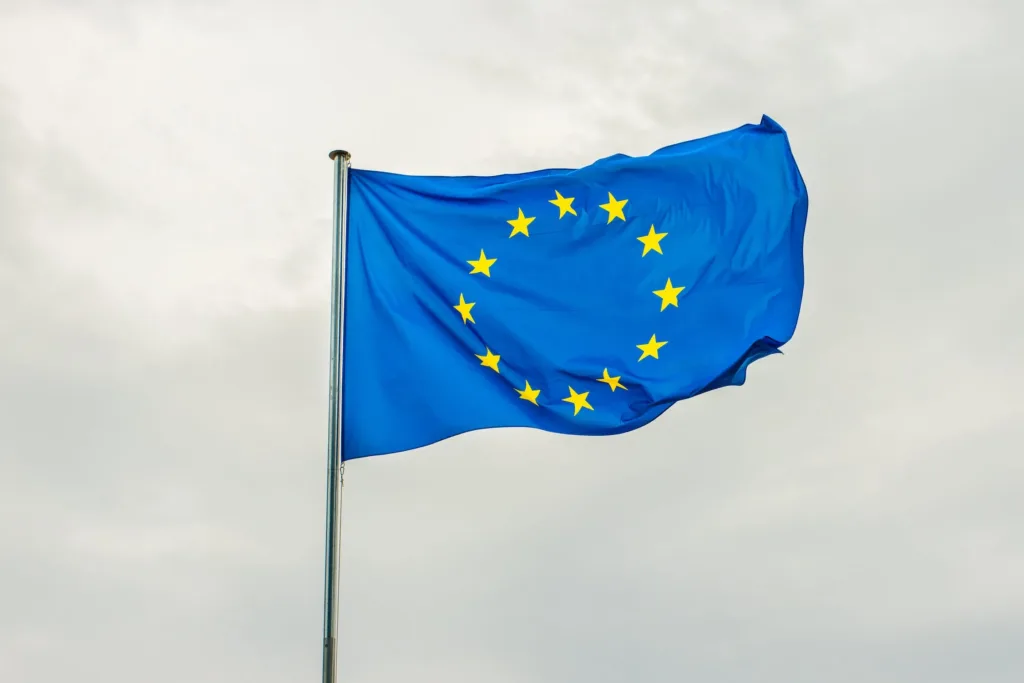EU Parliament and EU Council negotiators have reached a consensus on new rules obliging companies to integrate their human rights and environmental impact into their management systems.
The recently agreed-upon directive on corporate sustainability due diligence, informally settled by EU co-legislators on Thursday, sets obligations for companies to mitigate their negative impact on human rights and the environment, encompassing issues like child labour, slavery, labour exploitation, pollution, deforestation, excessive water consumption, or harm to ecosystems.
To adhere to these obligations, companies, including those in the financial sector, will need to integrate “due diligence” into their policies and risk management systems. This includes outlining their approach, processes, and code of conduct. Additionally, firms must adopt a plan ensuring their business model complies with limiting global warming to 1.5°C. Companies with over 1000 employees will receive financial benefits for implementing this plan, as stipulated by Members of the European Parliament (MEPs).
The legislation applies to EU companies and parent companies with over 500 employees and a worldwide turnover higher than 150 million euros. It also covers companies with more than 250 employees and a turnover surpassing 40 million euros if at least 20 million is generated in one of the following sectors: manufacture and wholesale trade of textiles, clothing and footwear, agriculture including forestry and fisheries, manufacture of food and trade of raw agricultural materials, extraction and wholesale trade of mineral resources or manufacture of related products and construction. Non-EU companies and parent companies with equivalent turnover in the EU are also subject to these rules.
Companies will have to identify, assess, prevent, mitigate, bring to an end to and remedy their negative impact, along with that of their partners in the supply chain. This involves making investments, seeking contractual assurances from the partners, improving business plans, or providing support to their partners from small and medium-sized enterprises.
MEPs have ensured that firms engage meaningfully with those affected by their actions, establish a complaints mechanism, communicate their due diligence policies, and regularly monitor their effectiveness. EU governments are required to create portals to dedicated to companies’ due diligence obligations, that will provide information on content and criteria, related Commission guidance and information for stakeholders.
To oversee compliance, each EU country will designate a supervisory authority with the power to conduct inspections, and investigations, and impose penalties, including “naming and shaming” and fines of up to 5% of their net worldwide turnover. Companies will be held liable for breaching due diligence obligations, and victims will have the right to compensation. To motivate companies, MEPs finally ensured that compliance with due diligence obligations can be used as part of the award criteria for public and concession contracts.
The agreed draft law requires formal approval by the Legal Affairs Committee and the European Parliament as a whole, as well as by the Council (EU governments) before it can enter into force.
